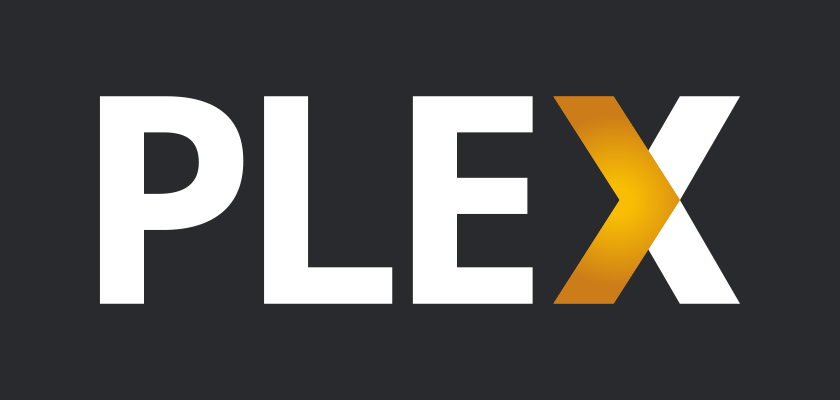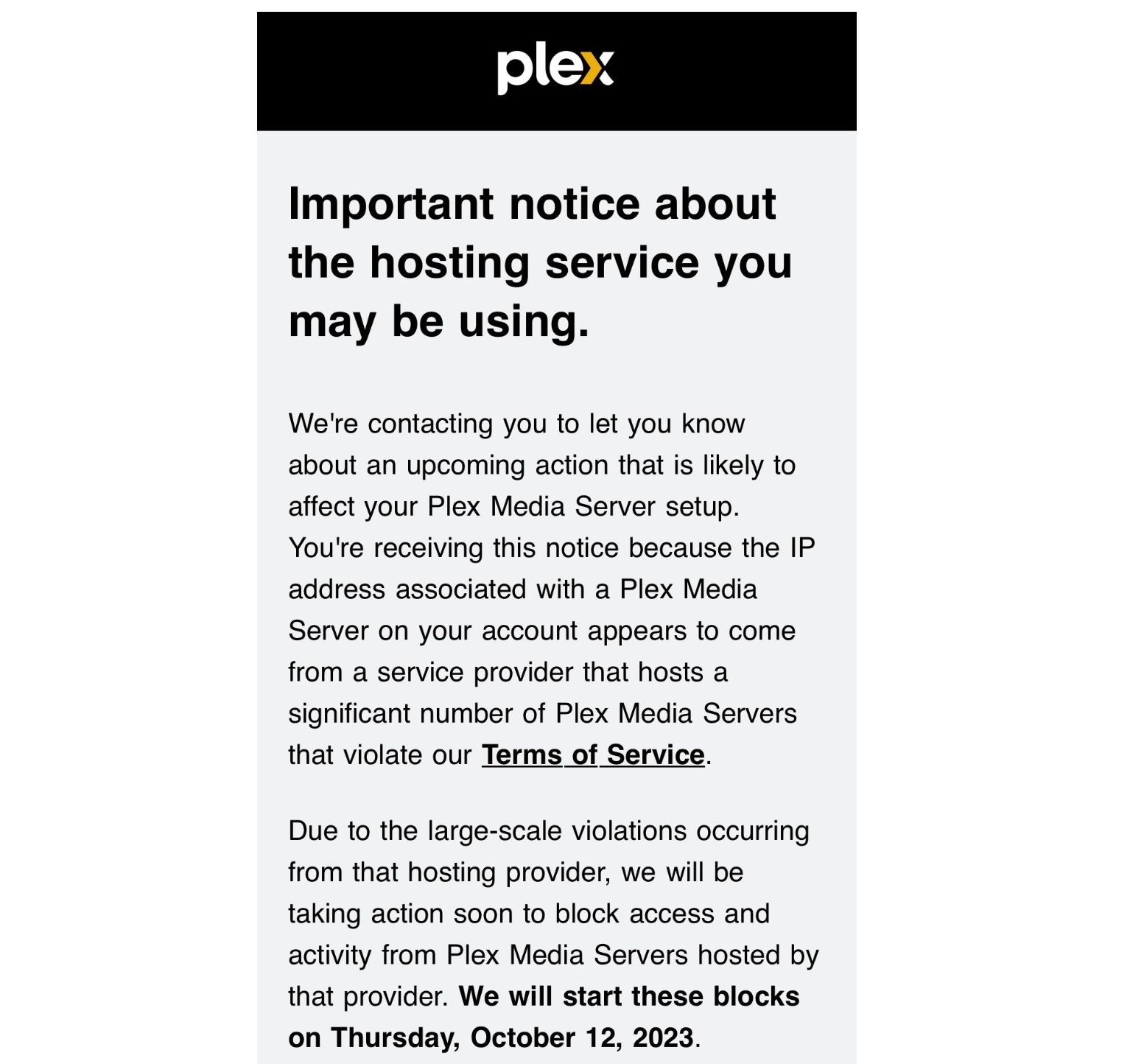-
chevron_right
Russia’s Manga Pirates Face Publisher’s Lawsuit & Increasing State Censorship
news.movim.eu / TorrentFreak · Tuesday, 26 September, 2023 - 19:58 · 4 minutes
 Signed by some of Russia’s most powerful tech and entertainment companies in 2018, a
Memorandum of Cooperation
saw the creation of a centralized database of pirated content.
Signed by some of Russia’s most powerful tech and entertainment companies in 2018, a
Memorandum of Cooperation
saw the creation of a centralized database of pirated content.
Internet companies agreed to query the database every few minutes and then remove corresponding content from their indexes. Those who benefited from the system declared it a success but not all types of content enjoyed protection. Book publishers and music companies were excluded from the memorandum and despite repeated calls for equivalent protection, they were left outside in the cold.
Early this month, Vadim Subbotin, Deputy Head of telecoms regulator Roskomnadzor, announced that book publishers and music companies will be able to participate moving forward. Subbotin claims it currently takes between 15 and 20 minutes to remove a pirate link from search results and, thus far, over 100 million have been deleted following rightsholders’ complaints.
Steep Rise in Manga Consumption
Since Russia’s invasion of Ukraine in February 2022, discussion of copyright protection in Russia has trended towards the chaotic. With Hollywood and other major rightsholders still not releasing entertainment products in the region, enforcement measures appear to have taken a back seat. There are some outliers, however.
With Russians reportedly losing interest in comics produced by U.S. companies such as Marvel, appetite for Asian comics produced by companies in Japan, South Korea and China is reportedly on a steep upward trend. According to Yandex.market, consumption is up 20% in annual terms so for South Korean manga producers, that’s an opportunity to develop business in Russia, minus competition from pirates.
Manga Companies Target Pirate Manga Sites
Manga platform My Comics was launched in November 2022 by South Korean company MStoryLink. A Kommersant report published Monday reveals that with support from the state-controlled South Korean Creative Content Agency (KOCCA), My Comics is preparing to sue ReManga, a large manga piracy site focused on the Russian market.
KOCCA’s Russia representative, Kim Si-Woo, says that My Comics sent letters to several platforms last year which demanded the removal of unlicensed comics, but the outreach was only partially effective.
“Most have removed them, but ReManga is still ignoring the letter, undermining the activities of Moi Comics in Russia,” Kim Si-Woo says.
On one hand, KOCCA admits that “piracy is a natural step in the formation of a market.” On the other, it says that without intellectual property protection and enforcement, development of the South Korean creative industries won’t be possible in Russia. Unfortunately, if those creative industries get a little too creative, development might be curtailed by Russia itself.
Manga Sites Face Two Attack Vectors
ReManga is one of the most popular pirate manga sites focused on Russia. It currently enjoys around 17.8 million visits per month according to SimilarWeb data, with 71% of its traffic coming from inside Russia.
The platform has appeared on Russia’s ‘register of prohibited information’ three times previously, with the most recent entry dating back to 2021 attributed to telecoms watchdog Roscomnadzor. While that was probably due to an infringement of intellectual property rights, two other entries in the same year are attributed to Rospotrebnadzor, the Federal Service for Surveillance on Consumer Rights Protection and Human Wellbeing.
The exact reasons for these entries are unclear, but there’s no doubt that recent legal amendments present obvious risks for both pirate sites and their legal counterparts, My Comics included.
Manga Content Meets Legal Restrictions
In December 2022, Vladimir Putin signed a new law which among other things bans “LGBT propaganda.” Manga site Yaoilib.me was one of the early casualties and its permanent blocking is detailed on RuBlacklist , a portal maintained by digital rights group Roskomsvoboda .
The site was blocked by Rosmolodezh, Russia’s Federal Agency for Youth Affairs, for spreading “propaganda of non-traditional sexual relations.” It wouldn’t be the last manga site to suffer that fate. In March, Mangapoisk.ru was permanently blocked and two months later, Mangapoisk.com was added to the list. On September 21, Mangapoisk.org appeared six times on the ‘prohibited information’ list and is now blocked.
Other manga sites blocked in Russia this month include MangaHub (3.6m visits per month) and MintManga (11m), but falling foul of Russian legislation isn’t a pirate site exclusive.
Russian anime encyclopedia ‘Shikimori’ was blocked on September 21 . Platforms like these enable anime fans to learn more about the genre which in turn informs upcoming purchases. If these kinds of resources can be disappeared overnight, market growth may face sudden challenges in Russia. After receiving a fine for listing films containing ‘LGBT people’ without displaying adult age restrictions, even Yandex can face punishment.
My Comics and KOCCA seem prepared to overlook this threat, even though it’s directly related to discrimination against minorities. Russia’s actions in Ukraine and elsewhere also seem to be of limited concern , so for now at least, selling comics takes priority.
From: TF , for the latest news on copyright battles, piracy and more.

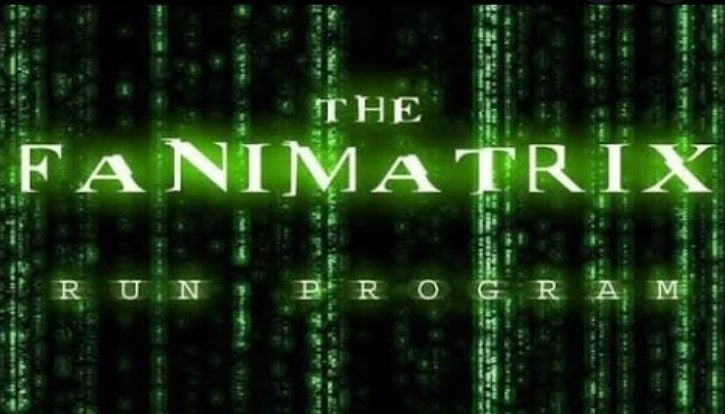 In 2003, the World Wide Web was still in its infancy. Dial-up connections were still the default and YouTube, Facebook, and Gmail had yet to be invented.
In 2003, the World Wide Web was still in its infancy. Dial-up connections were still the default and YouTube, Facebook, and Gmail had yet to be invented.
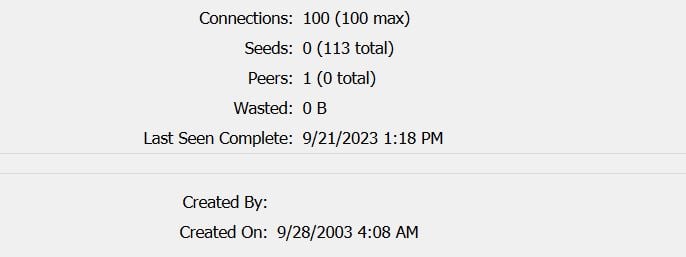
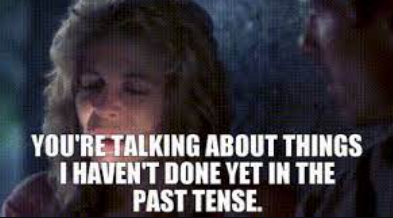


 In recent years, rightsholders of major sports events have repeatedly complained that piracy of live sports is getting out of hand.
In recent years, rightsholders of major sports events have repeatedly complained that piracy of live sports is getting out of hand.












 Dutch anti-piracy group
Dutch anti-piracy group
